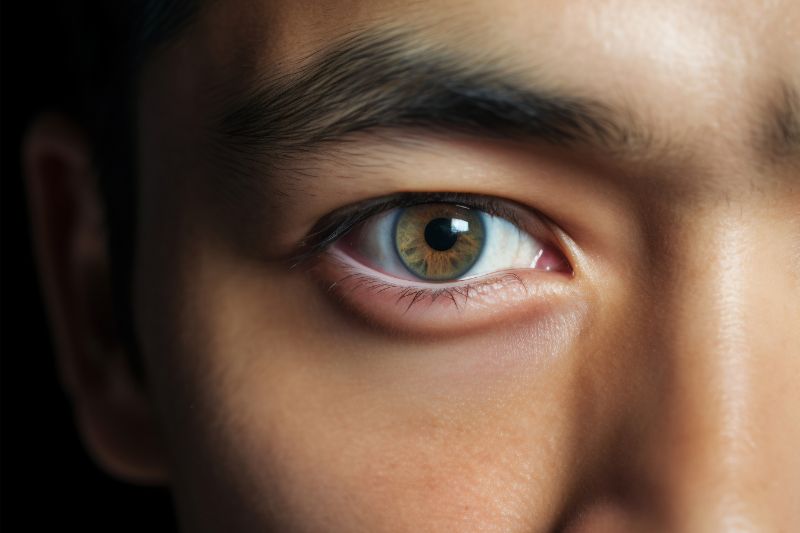
Ophthalmologists offer multiple corneal services to treat diseases affecting the surface that covers the front of the eye. Your doctor will determine the best treatment plan to address your corneal condition or disease by performing multiple tests and assessments. These may range from minimally-invasive treatments to surgical procedures.
Your cornea, a clear, dome-shaped surface located in the front of the eye, can be affected by various eye diseases, like dry eye syndrome, ulcers, or keratoconus.
Corneal services aim to preserve and restore the health and function of your cornea, which is essential for clear vision.
At EyesNY, we offer different treatment options to preserve and restore the health and function of your cornea to improve your vision. Our experienced team of specialists offers caring and custom eye care for you.
Diseases and conditions that affect the tissue that covers the front of your eye include the following:
Dry eye syndrome is when the eyes do not produce enough tears or when the tears evaporate too quickly, leading to a lack of moisture in the eye. This condition is often characterized by symptoms like a sandy feeling in the eyes, stinging, redness, blurred vision, light sensitivity, and eye fatigue.
Bacteria, viruses, fungi, and parasites can cause corneal infections. Such infections can occur due to trauma, contact lens wear, or other factors.
Infections are often characterized by eye pain, redness, sensitivity to light, blurred vision, and eye discharge.
When a corneal infection intensifies, it develops into an ulcer that involves the loss of the cornea's outer layer. Symptoms can include eye pain, redness, sensitivity to light, blurred vision, eye discharge, and a white or gray spot on the cornea.
Keratoconus is a progressive eye condition that affects the shape of the cornea, causing it to get thinner and gradually bulge outward into a cone shape. This results in distorted and blurred vision, increased sensitivity to light, and difficulty seeing at night.
Corneal disease symptoms may include:
Corneal disease causes may include the following:
The following factors can increase the probability of developing corneal issues:
Our specialists might ask about your medical or family history of eye diseases during your eye exam. Knowing about your lifestyle and family can help with corneal disease diagnosis.
Your ophthalmologist may perform multiple painless and quick tests, including:
Based on the results, your eye doctor will be able to make a diagnosis and determine the appropriate treatment plan for your specific case.
To stop or slow disease progression, your doctor may follow one or more of the following options:
Depending on the severity of your case, you may need surgical treatment to stop corneal diseases from progressing. Recovery time and side effects depend on
your unique health conditions and the specific surgical procedure required.
Since the treatments are minimally-invasive, most patients can return to regular activities within a few days after surgery. However, full recovery can take up to six weeks.
EyesNY offers multiple treatment options to help patients slow or stop the progression of corneal diseases. Our specialized team of ophthalmologists is ready to assess your needs and give you the high-quality vision care you deserve.
We work with cutting-edge technology to identify the root cause of your condition and create personalized treatment plans. Our caring staff is ready to welcome you and meet your ocular health and vision needs. We offer comprehensive eye care services, including corneal services.
If you’d like a consultation or more information, contact us or request an appointment online. You can also visit any of our clinic locations around New York, including Malta, Clifton Park, Troy, Saratoga Springs, and Queensbury.
Malta
658 Malta Ave., Ste 101
Malta, NY 12020
Phone: (518) 580-0553
Saratoga Springs
414 Maple Ave Ste 200
Saratoga Springs, NY 12866
Phone: (518) 580-0553
Clifton Park
1712 U.S. 9
Clifton Park, NY 12065
Phone: (518) 580-0553
Queensbury
535 Bay Road
Queensbury, NY 12804
Phone: (518) 580-0553
Troy
2200 Burdett Street Ste 206
Troy, NY 12180
Phone: (518) 580-0553
